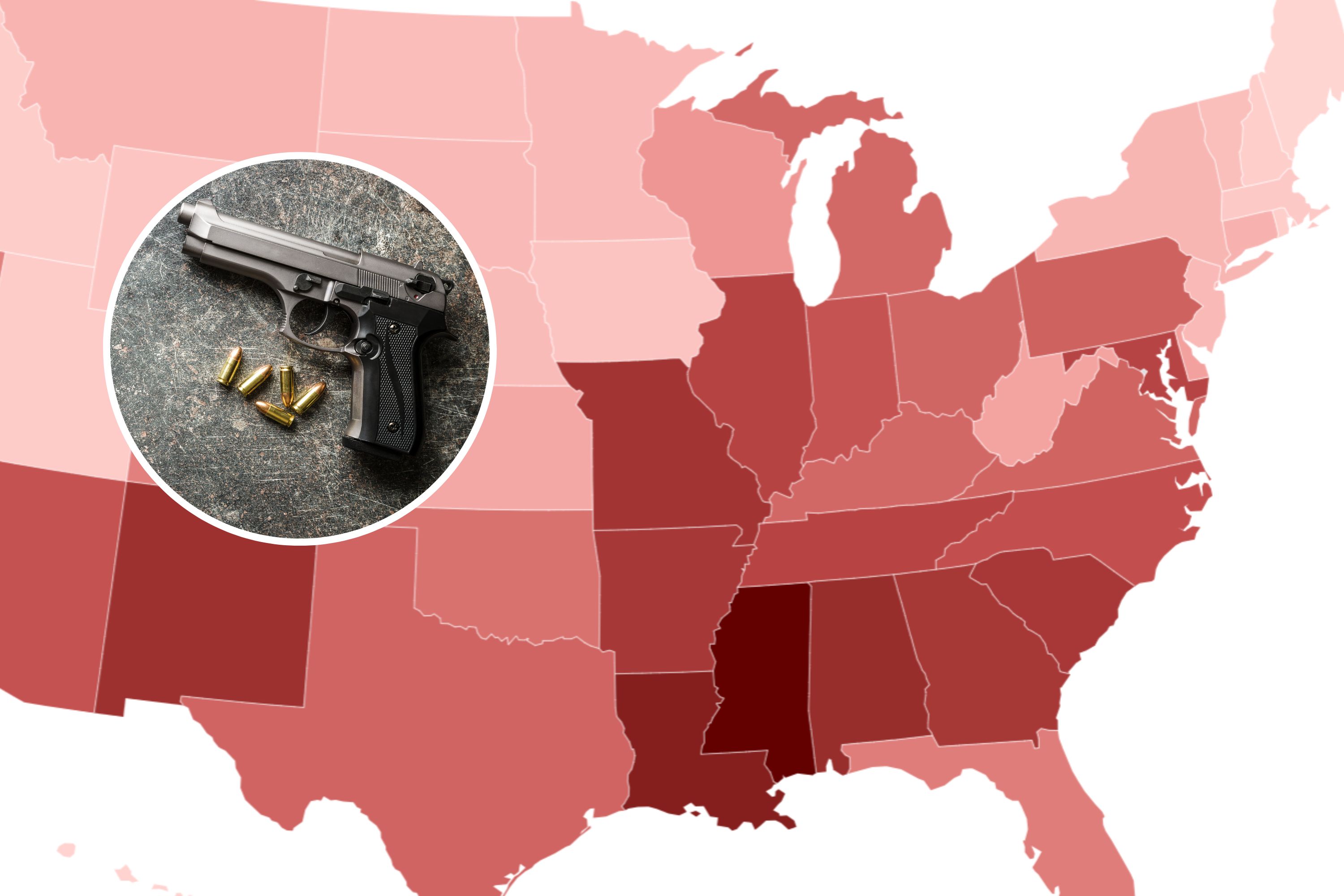The policy priorities and historically high levels of funding for the Office of National Drug Control Policy coming out of the Biden administration are encouraging signs. It appears the administration intends to take the issue of addiction seriously. And that's a relief. With thousands dying every year from drug overdoses, we need to coordinate national efforts to stop this scourge and get people help.
But U.S. policy will have to look beyond the most headline-grabbing drugs. While the synthetic opioid fentanyl is responsible for many drug-related deaths, we cannot forget about another drug that kills Americans every day: cocaine.
Fortunately, the Biden administration is working to combat cocaine trafficking with a new U.S.-Colombia counternarcotics strategy. The administration's plan identifies three goals: reduce drug supply, implement comprehensive rural security and development and combat environmental crimes like the cultivation of coca fields that support narcotrafficking.
I know what you're thinking: "reducing supply doesn't work." And yes, it is true we absolutely need to reduce demand for drugs (though how we do that can get complicated). But history has taught us that cutting supply is also critical. When communities were flooded with pain pills 10 years ago, overdose rates skyrocketed. Reducing the practice of overprescribing was key to reducing addiction to pills. As Stanford professor Keith Humphreys once wrote, "Expanding health insurance and access to evidence-based treatment will indeed save lives, but health professionals are swimming up a waterfall if this isn't matched with strong drug supply control."
The current White House strategy isn't the first time the feds have outlined a plan to limit drug supply in Colombia. President Bill Clinton's famous "Plan Colombia" began a new era of cooperation that yielded significant results. In a 2016 op-ed, former secretary of state John Kerry explained that the plan consisted of improving governance, holding the Colombian government and narcotraffickers accountable for human rights violations, increasing opportunities for minority and indigenous groups, protecting rights of the press and civil society and supporting victims of violence. He wrote that Plan Colombia "helped transform a nation on the verge of collapse into a strong institutional democracy with historically low levels of violence."

But Colombia's priorities seem to have changed. The honeymoon didn't last forever, and coca production is surging. In 2012, Colombia cultivated 78,000 hectares of coca. In 2020, it cultivated 245,000 hectares.
This drastic increase should be concerning not only to Colombia, but to the United States. Although problems surrounding cocaine do not make many headlines, the issue has spiraled out of control in recent years. From 2006 to 2010, cocaine overdose deaths fell by 44 percent. Yet from 2010 to 2019, the number shot up by 380 percent. The 15,883 cocaine deaths that took place in 2019 made up more than 1 in 5 of that year's overdose deaths.
Long gone are the days of the late 1970s when we thought cocaine was, in the words of President Jimmy Carter's drug czar Dr. Peter Bourne, "the most benign of illicit drugs." We know we have to confront this issue in a comprehensive way. But how?
The Biden administration's plan is good, but we need more. One key factor that can reduce coca cultivation in Colombia is economic assistance. More specifically, helping Colombia expand its job market would increase legal work opportunities for those involved in the illicit cocaine business. In an article for the Brookings Institution, Vanda Felbab-Brown suggests providing a "development package [that] would include human capital development assistance, economic-resource development, and security and justice dispute resolution mechanisms" preceding coca eradication efforts. Finally, maintaining peace throughout the country is vital to any drug control strategy in Colombia.
What happens in Colombia affects us here in the United States. The drug overdose epidemic kills a greater number of Americans each year. Our policy should aim both to promote addiction recovery and to stop drug cultivation at the source. It is imperative that we take advantage of our positive relationship with Colombia to reduce coca production. With thousands of lives lost to substance abuse every year, the stakes could not be higher.
Dr. Kevin Sabet is a former senior drug policy advisor to the Obama administration and currently serves as president of Smart Approaches to Marijuana. His latest book, Smokescreen: What the Marijuana Industry Doesn't Want You to Know, was published on April 20 by Simon & Schuster and is available everywhere books are sold.
The views expressed in this article are the writer's own.
Uncommon Knowledge
Newsweek is committed to challenging conventional wisdom and finding connections in the search for common ground.
Newsweek is committed to challenging conventional wisdom and finding connections in the search for common ground.





